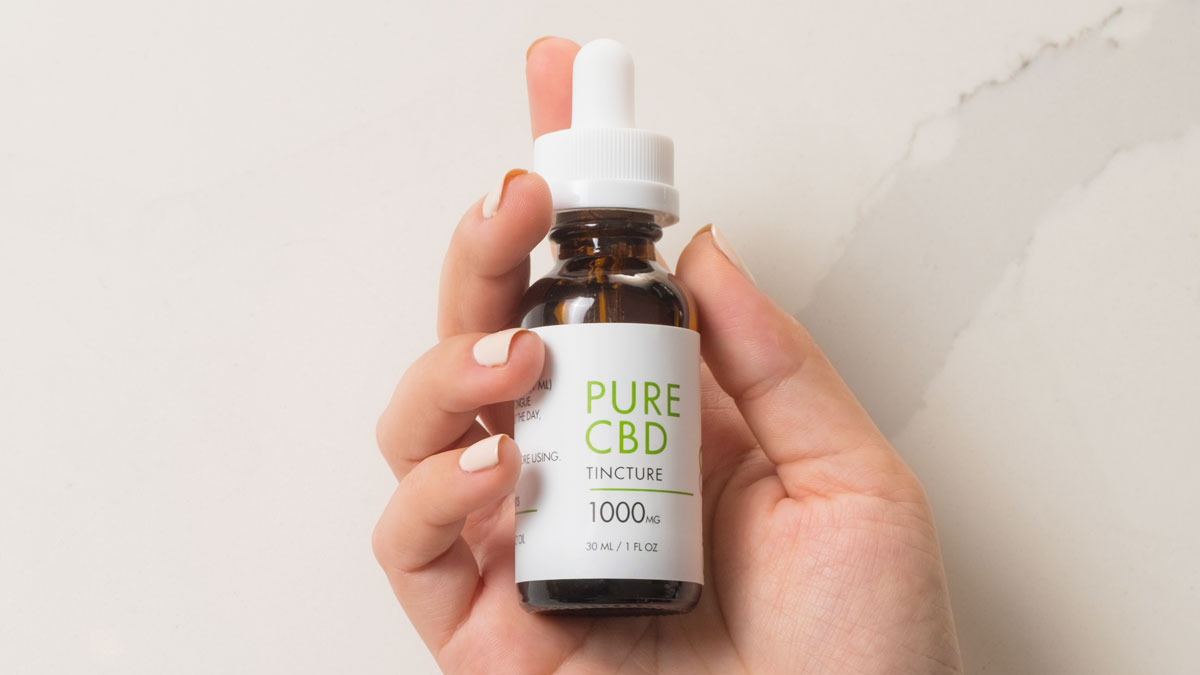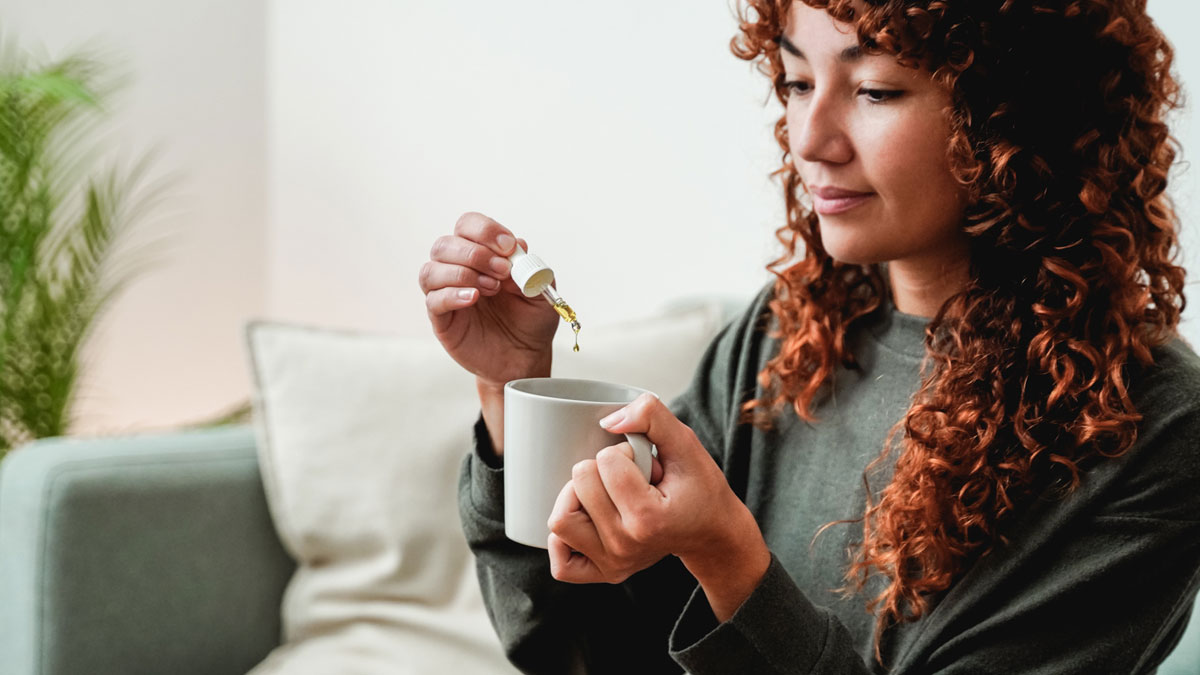In the world of health and wellness, microdosing CBD has emerged as a subtle yet powerful approach to harnessing the therapeutic potential of cannabidiol. Unlike traditional dosing, which often involves larger amounts, microdosing involves taking small, consistent doses of CBD throughout the day to maintain steady levels in the body. This method is gaining traction in 2025, backed by growing research and anecdotal reports highlighting its benefits for relaxation, focus, and overall balance. Whether you’re new to CBD or seeking a more tailored wellness routine, exploring microdosing CBD could unlock big benefits with minimal risk.
This article dives into the science, benefits, and practical applications of microdosing CBD, optimized for SEO to help you understand why small doses might lead to significant wellness improvements. From stress relief to enhanced mental clarity, we’ll explore how microdosing fits into modern lifestyles and what the latest studies say about its efficacy.
What is CBD Microdosing?
CBD, or cannabidiol, is a non-psychoactive compound derived from the hemp plant, containing less than 0.3% THC, making it legal in many regions thanks to the 2018 Farm Bill. Unlike THC, CBD doesn’t produce a “high” but interacts with the body’s endocannabinoid system (ECS), which regulates mood, sleep, pain, and stress response.
Microdosing CBD refers to taking small, sub-perceptual doses—typically 1-10mg—multiple times daily to maintain consistent levels in the bloodstream. The goal is to provide gentle, sustained support to the ECS without overwhelming the system. This contrasts with standard dosing, where users might take 20-50mg once or twice daily. Microdosing allows for personalization, letting users fine-tune their intake based on individual needs, body weight, and metabolism.
The concept draws inspiration from microdosing psychedelics, where small amounts yield subtle benefits without intense effects. With CBD, the approach fosters a steady state of calm, focus, or relief, making it ideal for those seeking wellness without disruption to daily activities.
Why Microdose CBD? The Science Behind Small Doses
The appeal of microdosing lies in its ability to work harmoniously with the ECS. The ECS, a master regulator of physiological balance, responds to cannabinoids like CBD to modulate functions like anxiety, inflammation, and sleep. Research suggests that low doses of CBD can activate the ECS effectively, promoting relaxation and reducing stress without causing sedation or side effects like dry mouth.
A 2021 study in the Journal of Clinical Medicine found that low-dose CBD (around 10mg) increased feelings of relaxation in participants, supporting its use for stress management. Another 2024 review in Frontiers in Pharmacology highlighted CBD’s potential to reduce anxiety and improve mood at low doses, emphasizing its non-impairing nature. These findings align with anecdotal reports of microdosing CBD for consistent, subtle effects throughout the day.
Microdosing may also enhance bioavailability. By taking smaller amounts more frequently, the body maintains a steady CBD concentration, potentially maximizing ECS activation. This steady-state approach minimizes peaks and troughs, offering a smoother experience compared to larger, less frequent doses.

Key Benefits of Microdosing CBD
Microdosing CBD offers a range of potential benefits, making it a versatile addition to wellness routines. Here are the key advantages based on recent studies and user experiences:
- Enhanced Relaxation and Stress Relief: Small doses of CBD can calm the mind without sedation, ideal for managing daily stress or performance anxiety. A 2025 study noted CBD’s anxiolytic effects at low doses, helping users stay grounded.
- Improved Focus and Mental Clarity: Microdosing supports cognitive function by reducing mental chatter, as reported by users in creative fields like music and writing.
- Pain and Inflammation Management: Low doses may alleviate mild chronic pain or inflammation, particularly when applied topically, as seen in arthritis studies.
- Better Sleep Quality: Evening microdoses can promote relaxation and improve sleep onset, especially for those with insomnia linked to anxiety.
- Customizable Dosing: Microdosing allows users to tailor intake, finding the optimal dose for their unique ECS response, body weight, and wellness goals.
- Minimized Side Effects: Smaller doses reduce the risk of mild side effects like drowsiness or gastrointestinal discomfort, making it beginner-friendly.
These benefits make microdosing appealing for professionals, students, and anyone seeking subtle yet effective wellness support.
Latest Studies on Microdosing CBD in 2025
Research in 2025 continues to validate microdosing CBD as a promising practice. A JAMA Health Forum study highlighted increased public interest in microdosing, correlating with legislative reforms and growing awareness of CBD’s benefits. Google searches for microdosing surged 13.4-fold from 2015 to 2023, reflecting its rising popularity.
A 2025 Neuropsychopharmacology article explored low-dose CBD’s role in reducing anxiety and improving cognitive performance, noting its non-impairing effects on daily functioning. Another study in Cannabis and Cannabinoid Research found that microdosing CBD (5-10mg) supported mood regulation and stress resilience in healthy adults, suggesting its potential as a daily wellness tool.
Innovative products like CBD Power Boost, an advanced formulation with optimized terpenes, are also gaining attention. A 2024 Cannabis CBD News report indicated that such products enhance microdosing’s effectiveness for pain relief and mental clarity.
How to Microdose CBD: Practical Tips
Getting started with microdosing CBD requires a strategic approach to maximize benefits. Here’s how to do it effectively:
- Choose the Right Product: Opt for high-quality, hemp-derived CBD products like oils, tinctures, edibles, or vape pens. Oils and tinctures allow precise dosing, while edibles like gummies (e.g., 5mg per piece) are beginner-friendly.
- Start Low and Go Slow: Begin with 1-5mg per dose, 2-5 times daily, depending on your needs. For example, a 30mg daily dose can be split into 6mg doses five times a day.
- Establish a Schedule: Consistency is key. Take doses at regular intervals (e.g., every 3-4 hours) to maintain steady CBD levels. A journal helps track effects and optimize timing.
- Select the Delivery Method: Sublingual tinctures act in 15-30 minutes, ideal for quick relief. Edibles offer longer-lasting effects but take 1-2 hours to kick in. Vape pens provide rapid onset but require caution to avoid lung irritation.
- Monitor and Adjust: If effects are insufficient, increase the dose by 1-2mg per session or add more doses, monitoring for a week before adjusting further.
- Choose Quality Products: Look for third-party tested CBD with clear potency labeling. Full-spectrum CBD, with its entourage effect, may enhance benefits compared to isolates.
Innovative options like Jeng CBD cocktails (11mg microdoses) offer a fun, flavorful way to microdose, combining wellness with enjoyment.
Safety Considerations and Side Effects
CBD is generally safe, with a World Health Organization report stating no evidence of abuse or dependence potential. Microdosing further minimizes risks, as low doses (1-10mg) rarely cause side effects like drowsiness or dry mouth.
However, precautions are essential:
- Consult a Healthcare Professional: Especially if on medications, as CBD can interact with drugs metabolized by liver enzymes (CYP450).
- Avoid Overuse: Stick to recommended doses to prevent tolerance buildup.
- Check Legality: Ensure CBD is legal in your region, as regulations vary.
- Quality Matters: Use products from reputable sources to avoid contaminants.
Pregnant or nursing individuals should avoid CBD due to limited safety data. For more on CBD safety, see the FDA’s consumer update.

Integrating Microdosing into Your Wellness Routine
Microdosing CBD fits seamlessly into busy lifestyles. For example, a morning 5mg tincture dose can promote focus during work, while an afternoon dose supports calm. Evening doses may aid relaxation or sleep. Pairing microdosing with mindfulness practices, like meditation, can amplify stress-relief benefits.
Creative professionals, like musicians, report enhanced focus and creativity with microdosing, as noted in a 2024 Mercury News article. Students may find it supports concentration without jitters, unlike caffeine.
Future of Microdosing CBD in 2025
As research expands, microdosing CBD is poised to grow. A 2025 Cannabis and Cannabinoid Research study suggests low-dose CBD could play a role in managing chronic stress and mild pain, with further trials exploring its impact on cognitive function. Innovations like CBD Power Boost and CRD (Cannabinoid with Dynamic Receptors) promise enhanced efficacy for microdosing regimens.
Public interest is surging, with X posts in 2025 reflecting enthusiasm for microdosing as a wellness trend, comparing it to shifts away from traditional medications. As legislative barriers ease, access to high-quality CBD products continues to improve.
Final Thoughts
Microdosing CBD offers a gentle, customizable approach to wellness, delivering big benefits through small doses. From stress relief to enhanced focus, its potential is backed by 2025 research and user experiences. By starting low, choosing quality products, and maintaining consistency, you can unlock CBD’s therapeutic power without overwhelming your system. Explore microdosing with guidance from healthcare professionals and reputable sources to enhance your wellness journey in 2025.
Tap into the healing potential of CBD today. Shop at CBDMagic for Canada’s best organic CBD oil.
